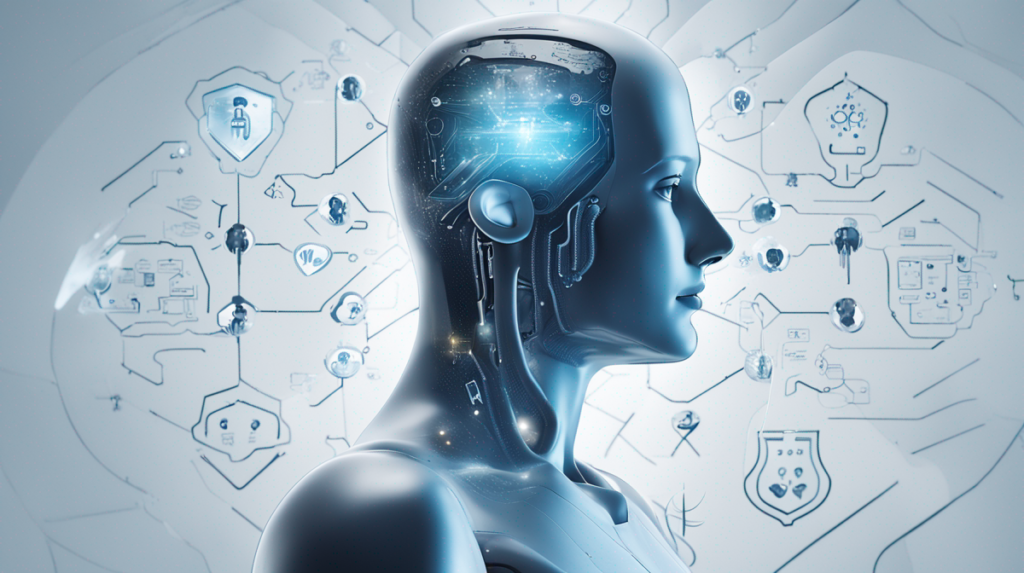Artificial intelligence (AI) is reshaping numerous sectors of the global economy, and the healthcare industry stands to gain dramatically from these advancements. At the forefront of this revolutionary change are chatbots, a form of AI designed to mimic human interaction. In healthcare, their ascent is transforming the nature of customer service, laying the groundwork for a future where AI plays an integral role. This article presents a comprehensive look at the rise of chatbots in healthcare customer service, offering a balanced view of their benefits, drawbacks, and potential future developments.
The Evolution and Efficiency of Chatbots
Chatbots, also known as artificial conversational entities (ACE), are software applications that carry out conversations through text or voice interactions. They leverage machine learning and natural language processing to comprehend human language, learn from interactions, and formulate appropriate responses.
(Read Also: Revolutionizing Industries: The Multifaceted Impact of 5G from Healthcare to Entertainment)
Aiding Patient Navigation and Engagement
One area where healthcare is experiencing the transformational impact of chatbots is in patient navigation and engagement. Chatbots, with their 24/7 availability, are providing patients with real-time assistance, resolving queries about appointments, health services, or treatment procedures, and even reminding patients to take their medications.
Personalized Healthcare Services
Personalization plays a crucial role in effective healthcare delivery. Chatbots ability to collect and analyze data facilitates personalized interactions, leading to better patient experience and potential improvements in health outcomes.
Risks and Controversies
While chatbots offer immense benefits, it’s crucial to address the controversies and risks associated with their use in healthcare. The primary issues revolve around data security, accuracy of information provided, and the inability of chatbots to substitute the level of care and empathy offered by human healthcare providers.
(Read Also: Embracing The Future: Top Digital Marketing Trends and Strategies for Healthcare Success)
Data Security
With chatbots collecting a wealth of personal health information, it’s of paramount importance that robust security protocols are put in place to protect patient data from cyber-attacks and data breaches, ensuring compliance with health information regulatory standards.
Ensuring Accuracy
Health-related advice is critical and should always be accurate. Despite advancements in AI, there’s risk of misinformation, which can lead to serious health implications. It’s essential that healthcare providers ensure their chatbots are programmed with the most accurate and up-to-date medical information.
The Future of Chatbots in Healthcare
Despite the challenges, the future of chatbots in healthcare looks promising. With continual improvements in AI, chatbots are expected to offer even more sophisticated services in the future, such as diagnosing common health issues, providing mental health support, and even suggesting treatment plans.
To make this future a reality, healthcare providers should invest in continual testing and refining of chatbots and integrating them seamlessly into healthcare services while addressing the potential risks involved.
The rise of chatbots in healthcare customer service is indeed shaping a new era for patient care, offering not only a more efficient and personalized experience but also promising potent developments in the near future.

